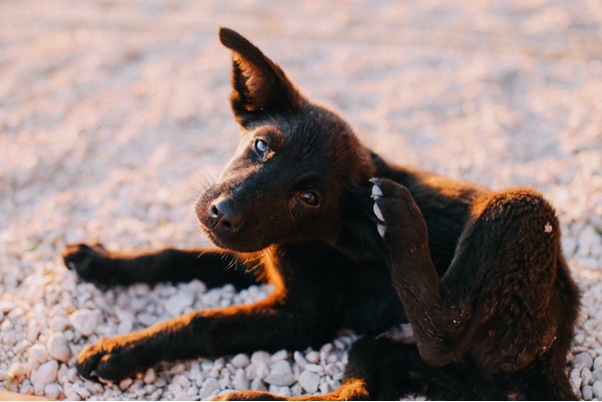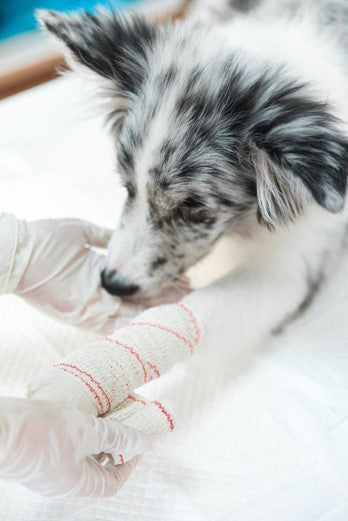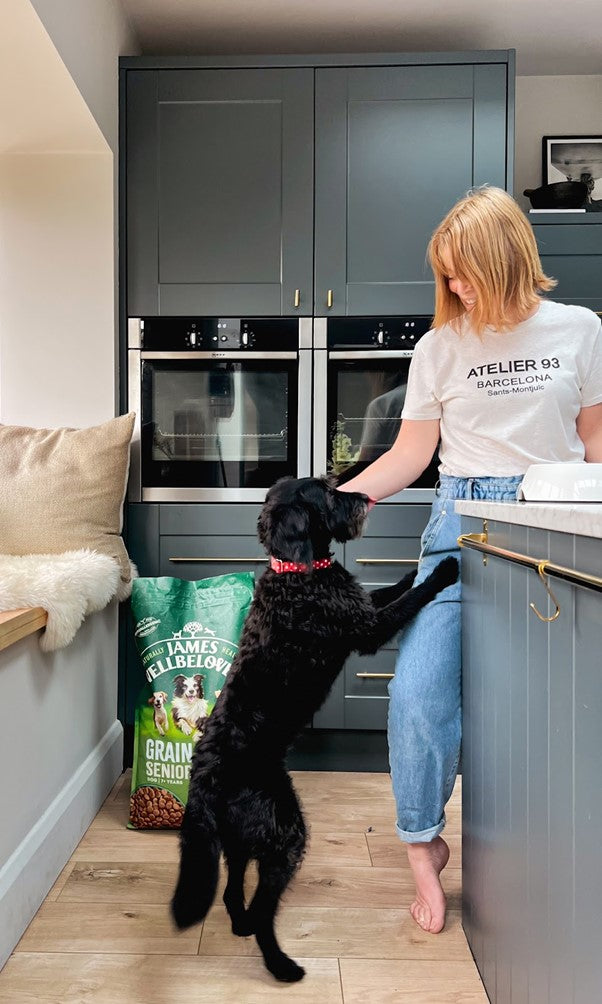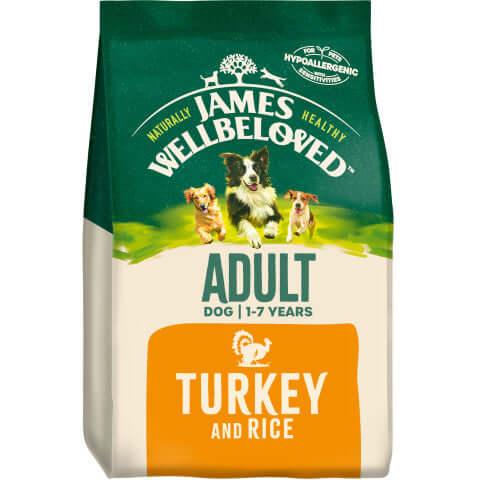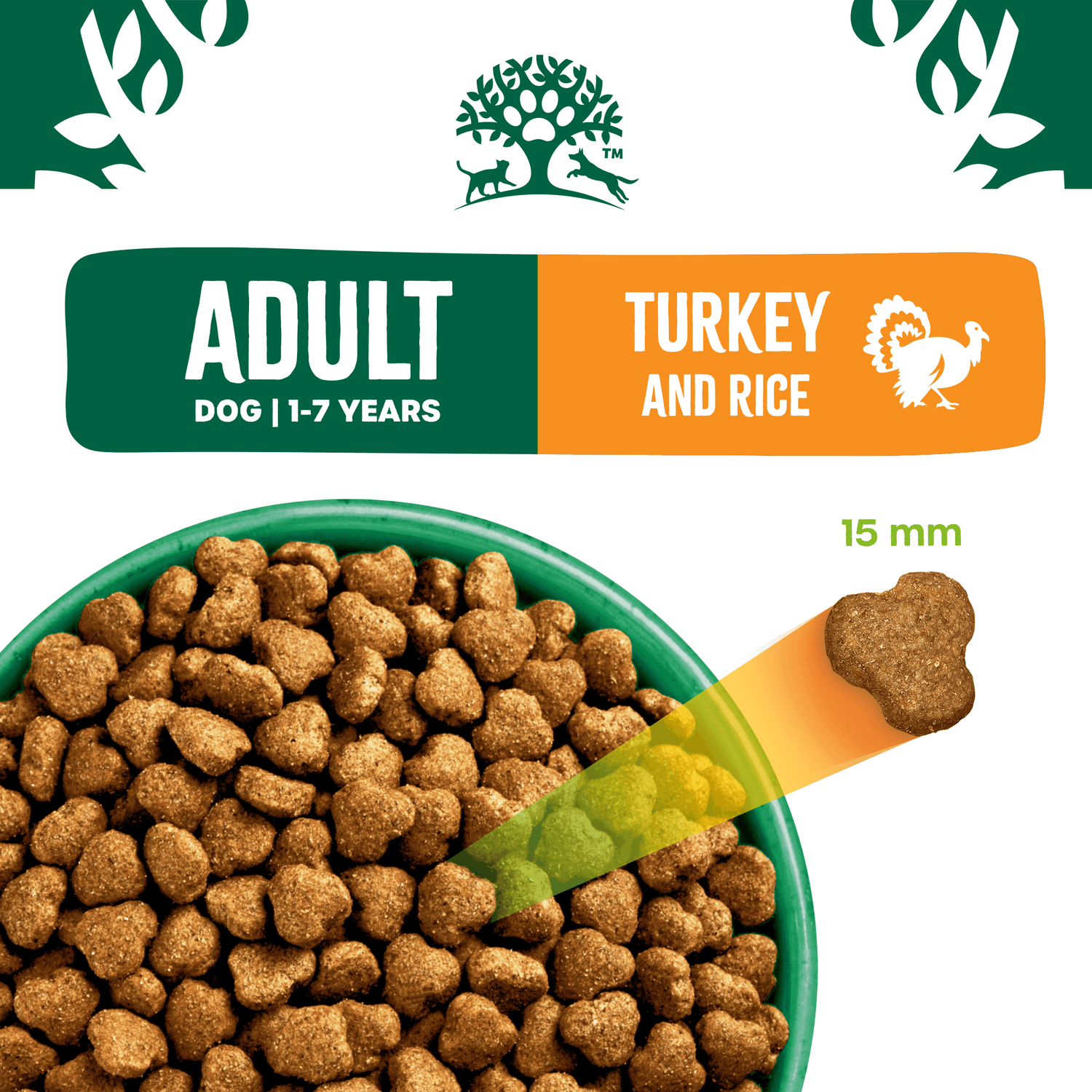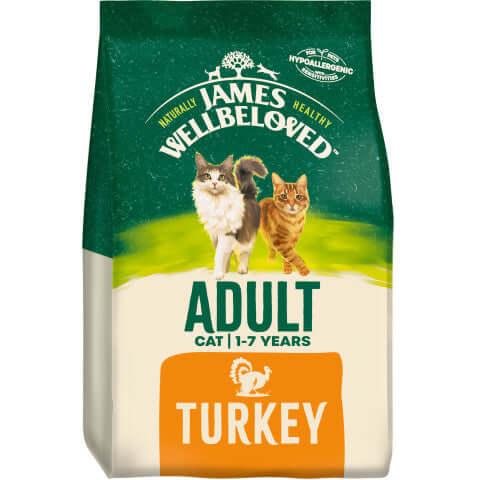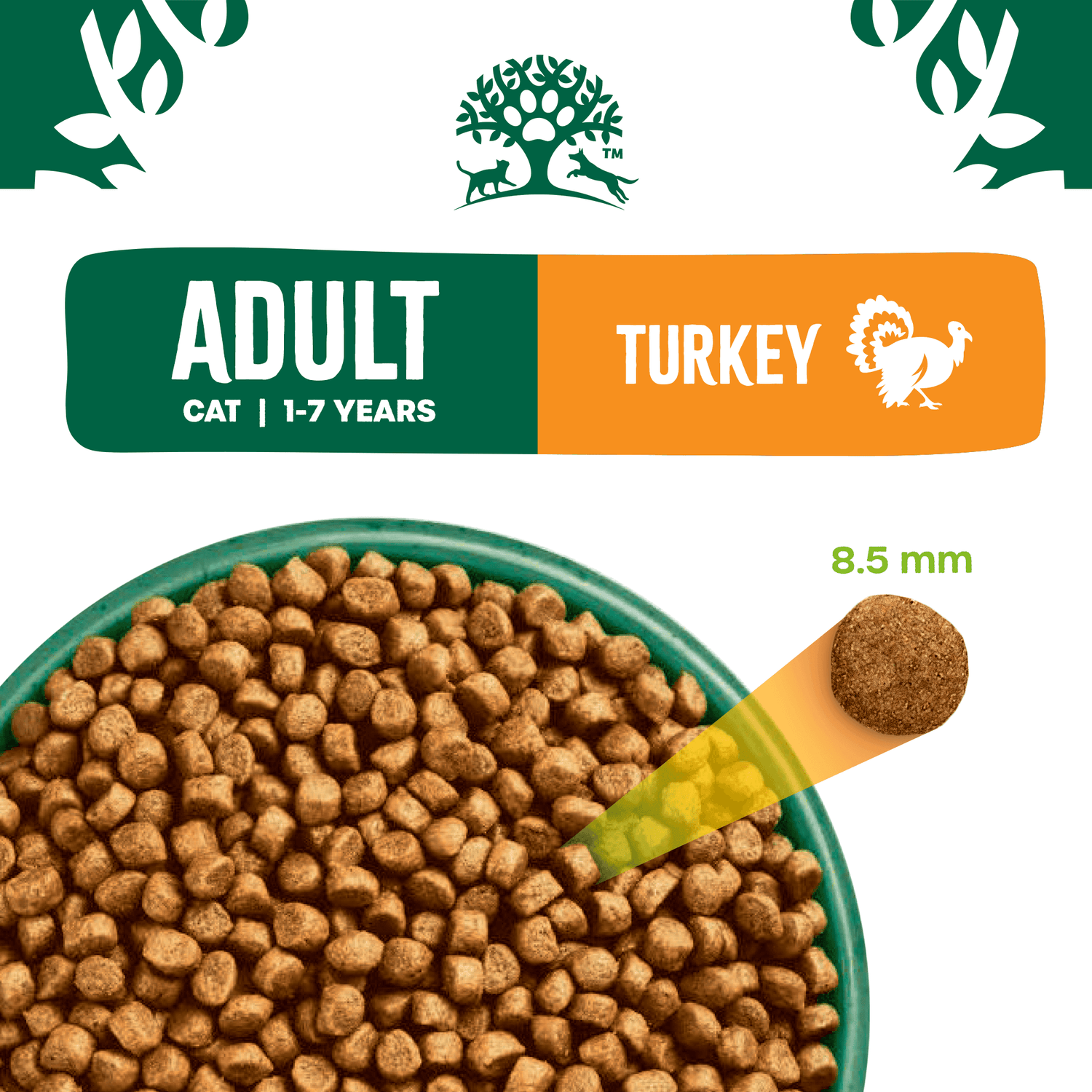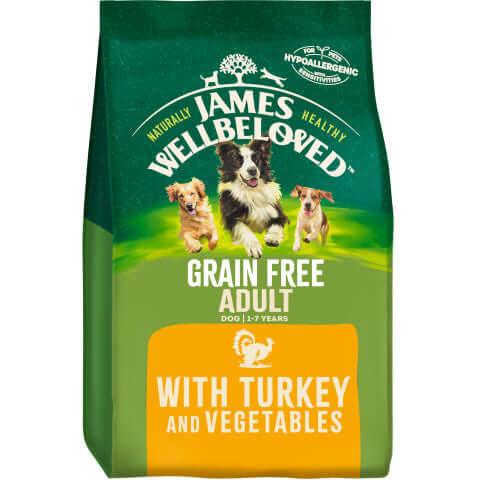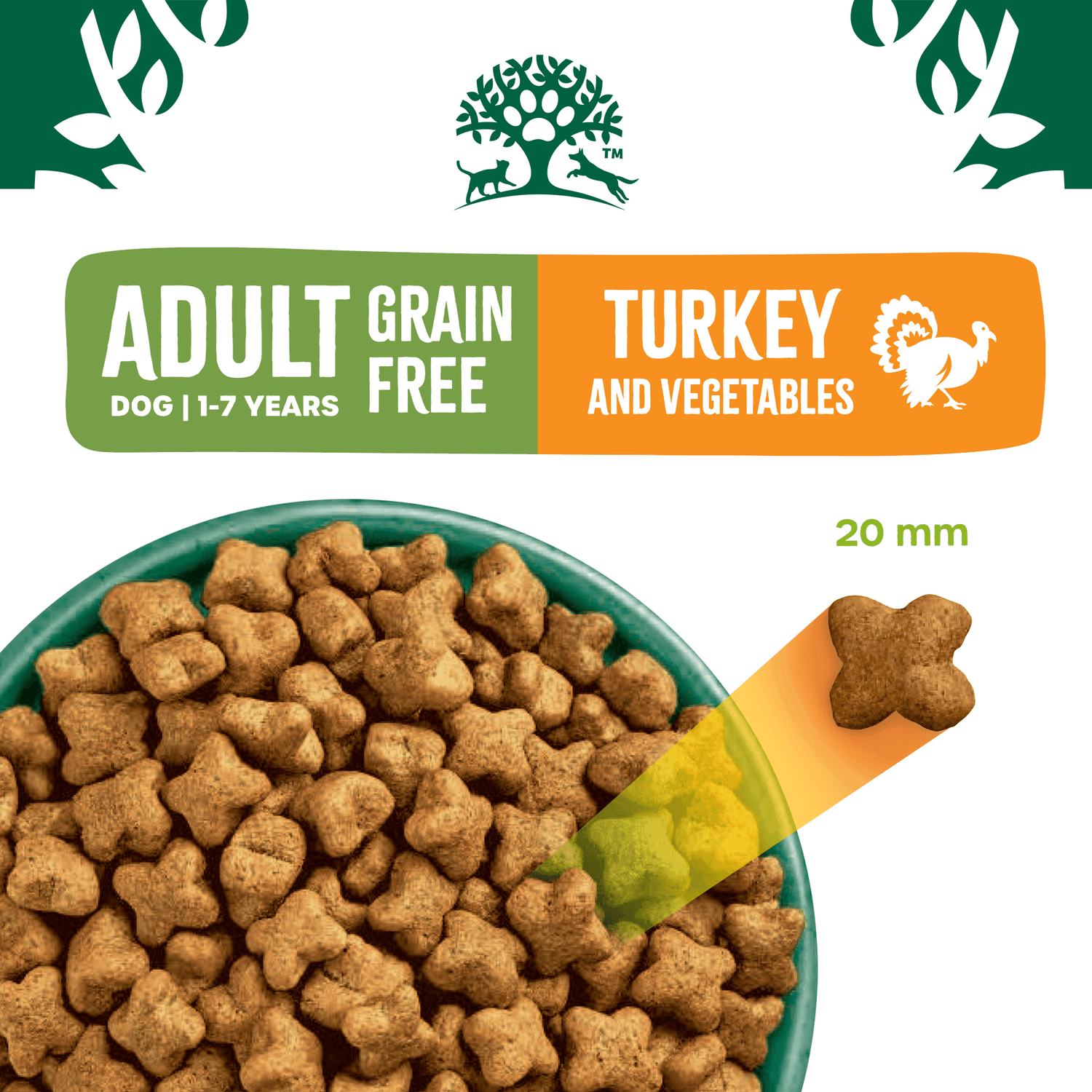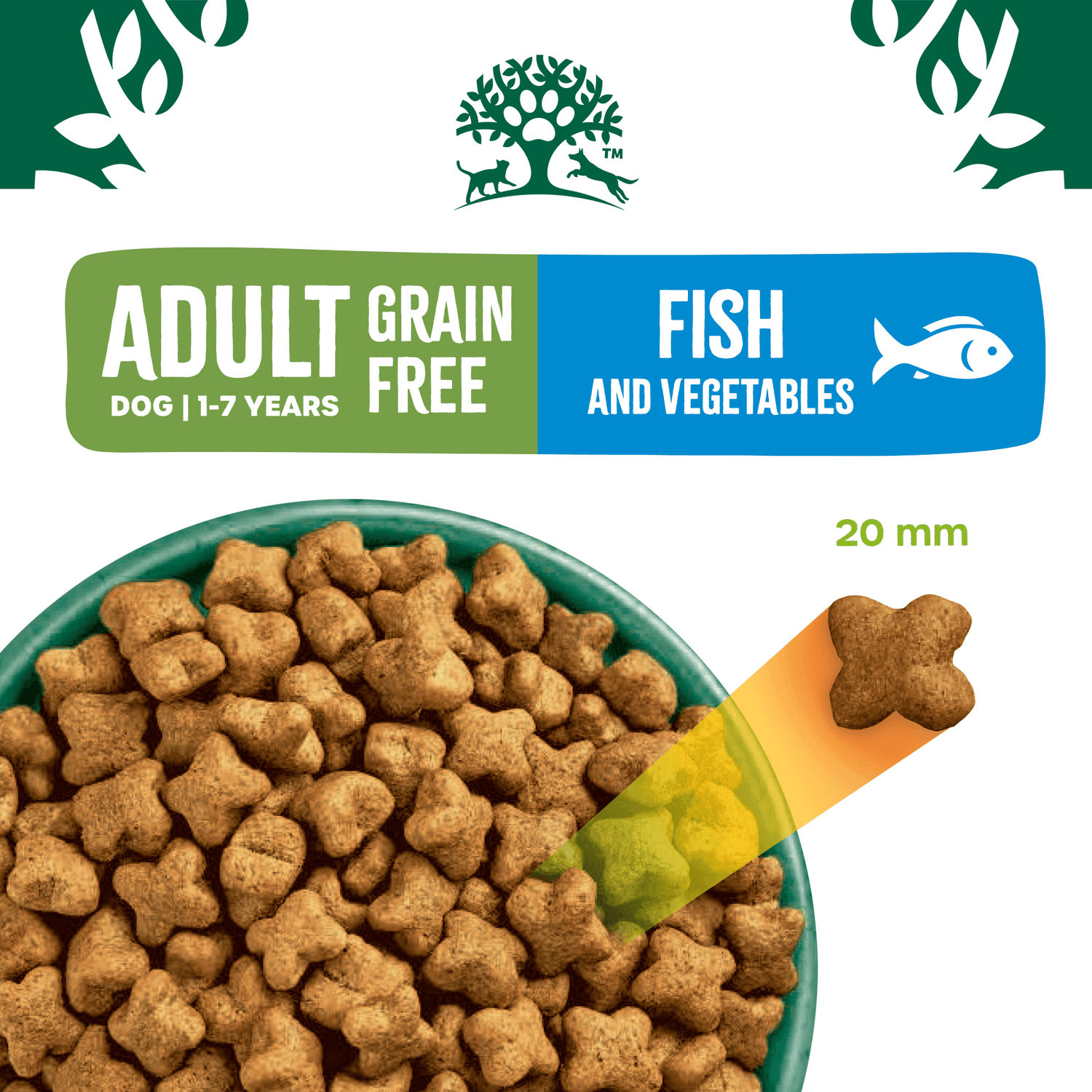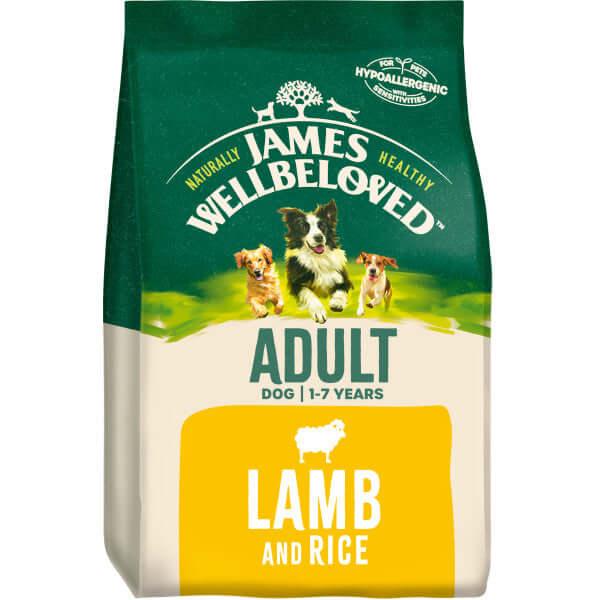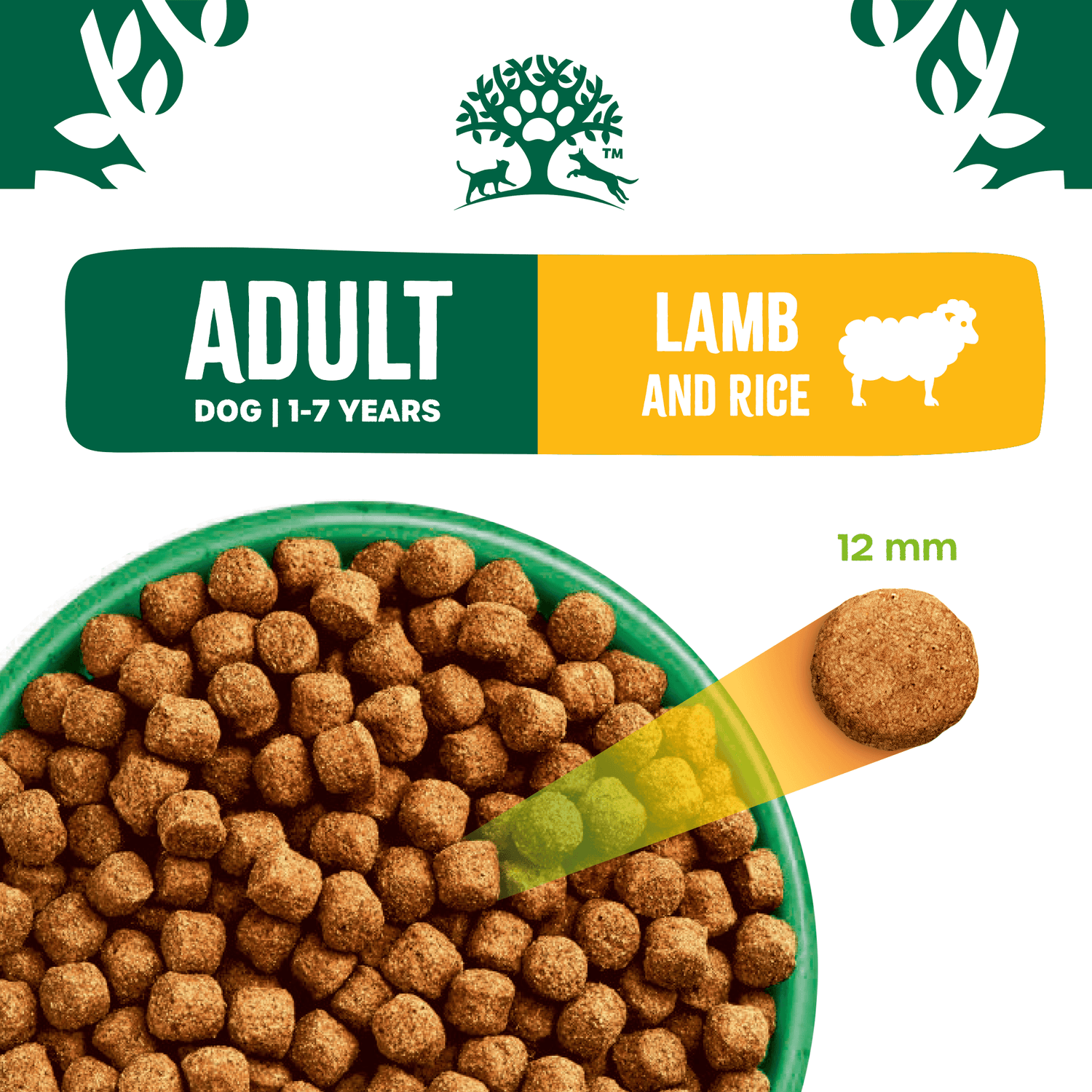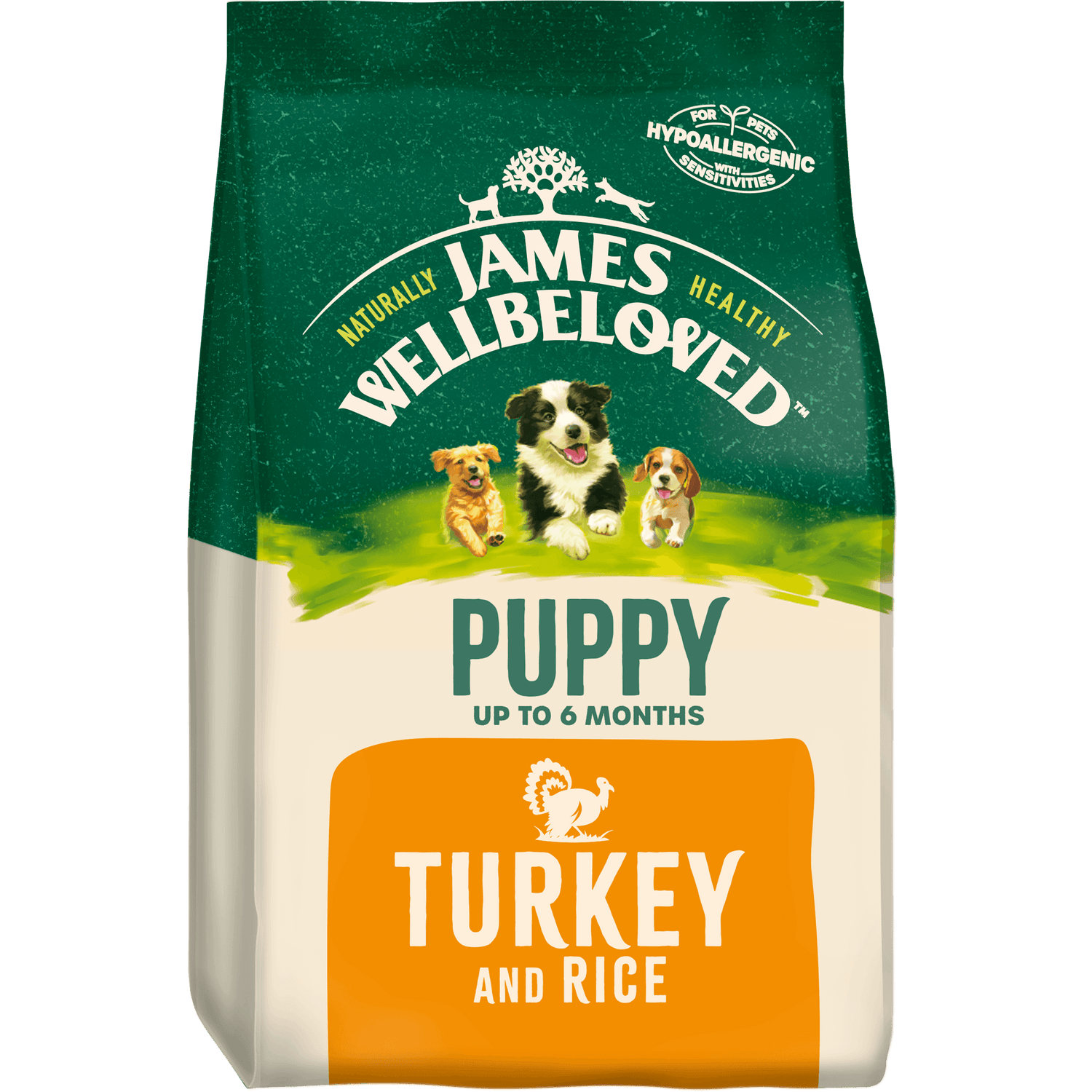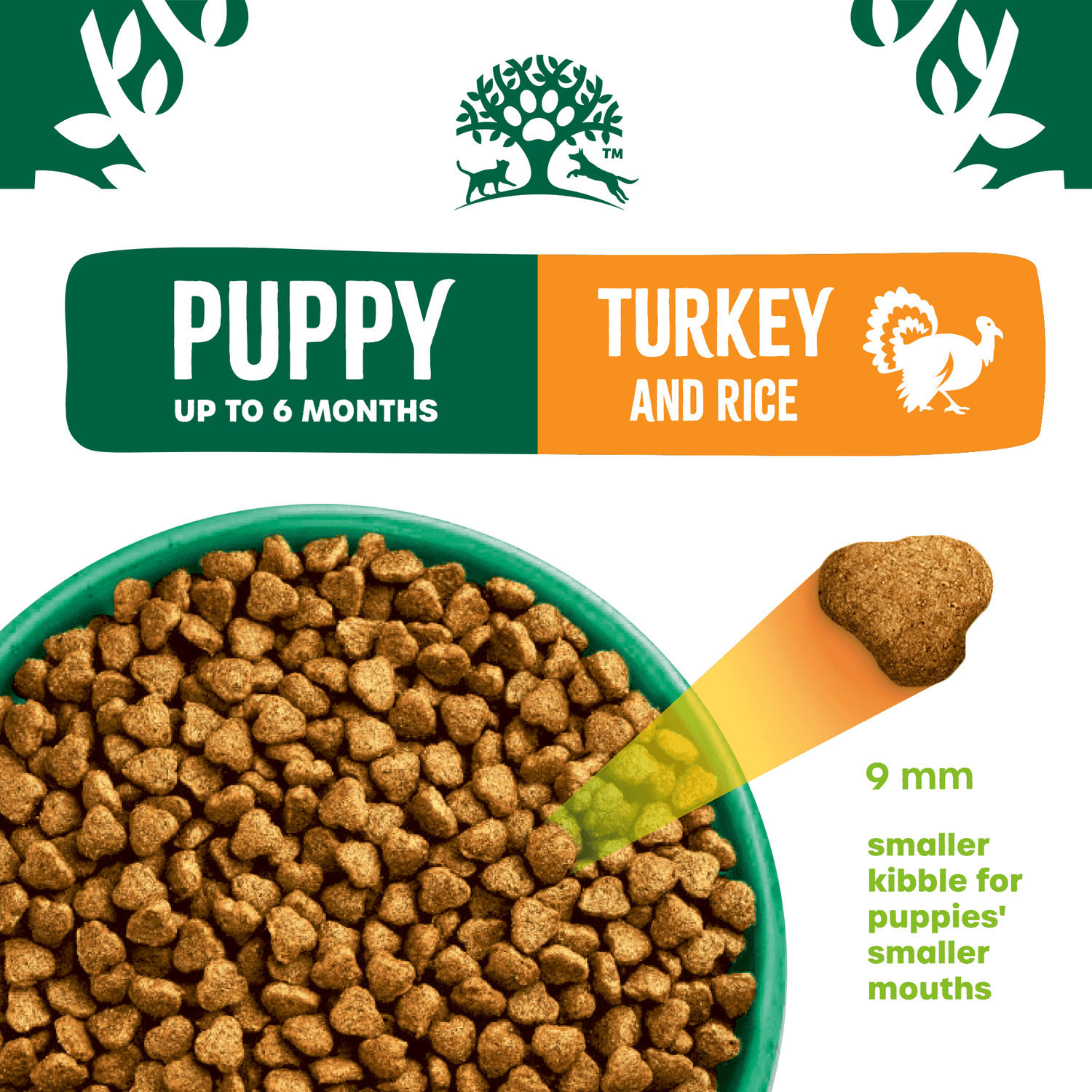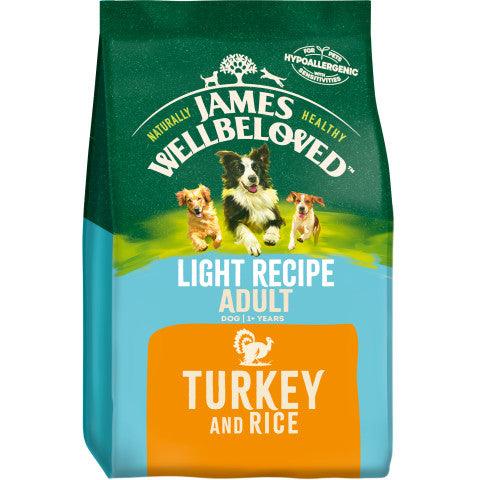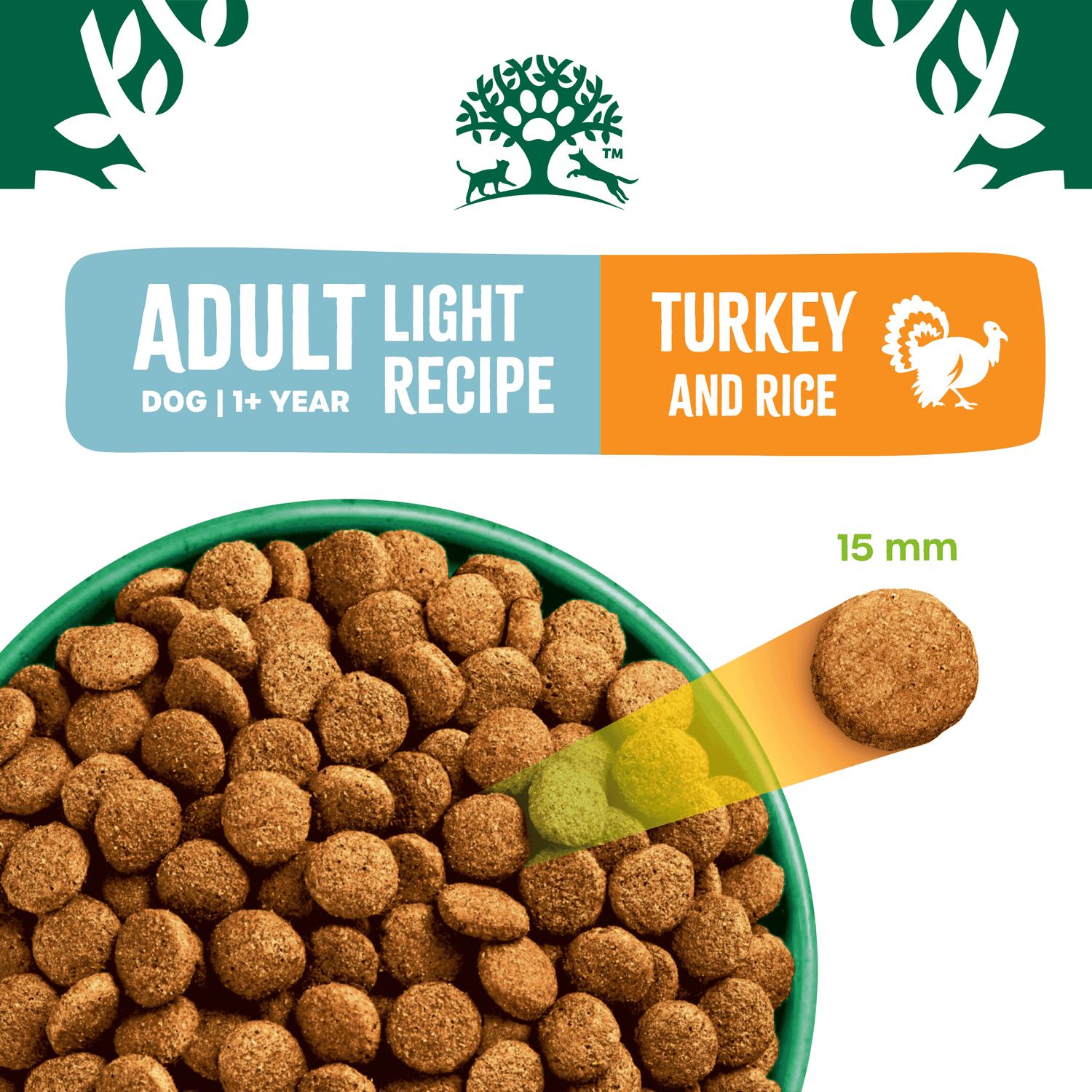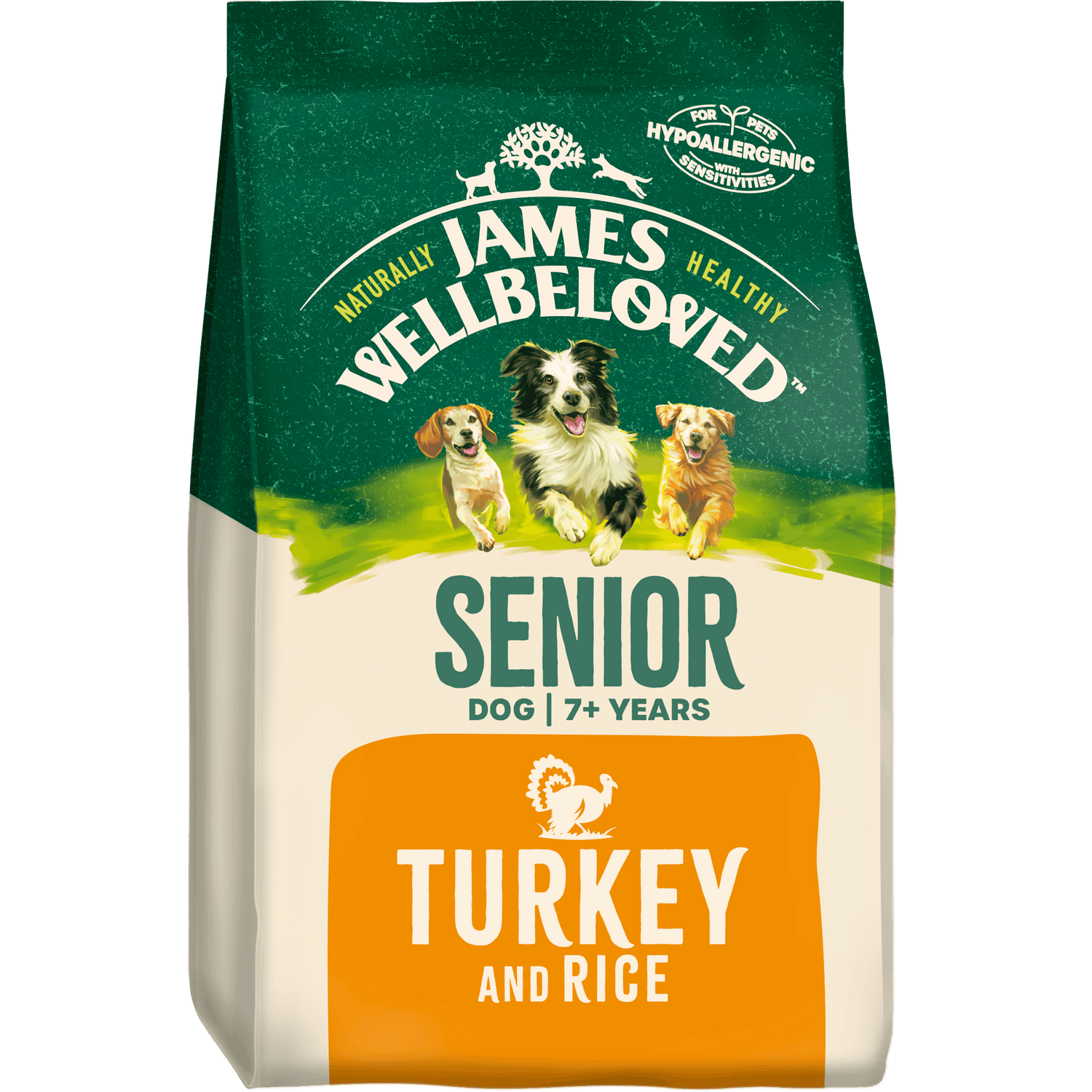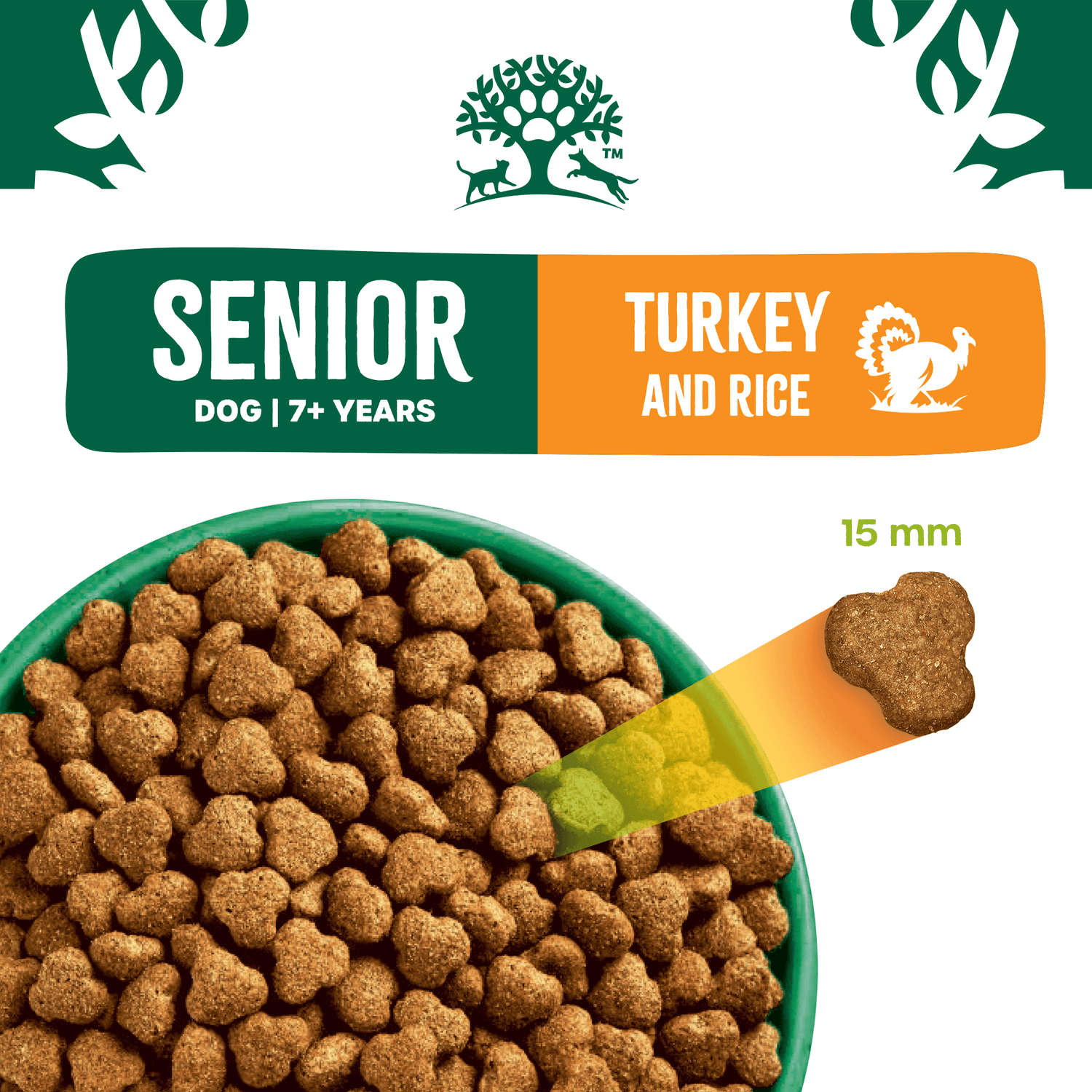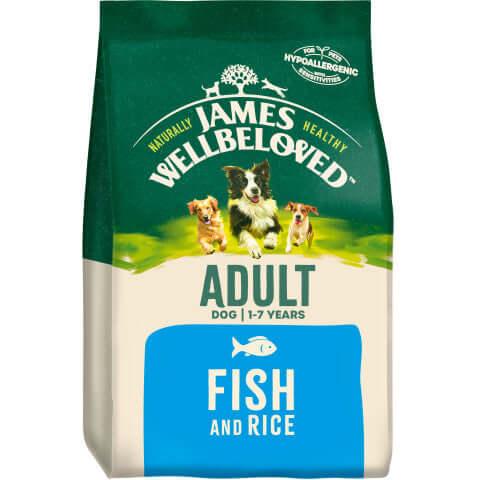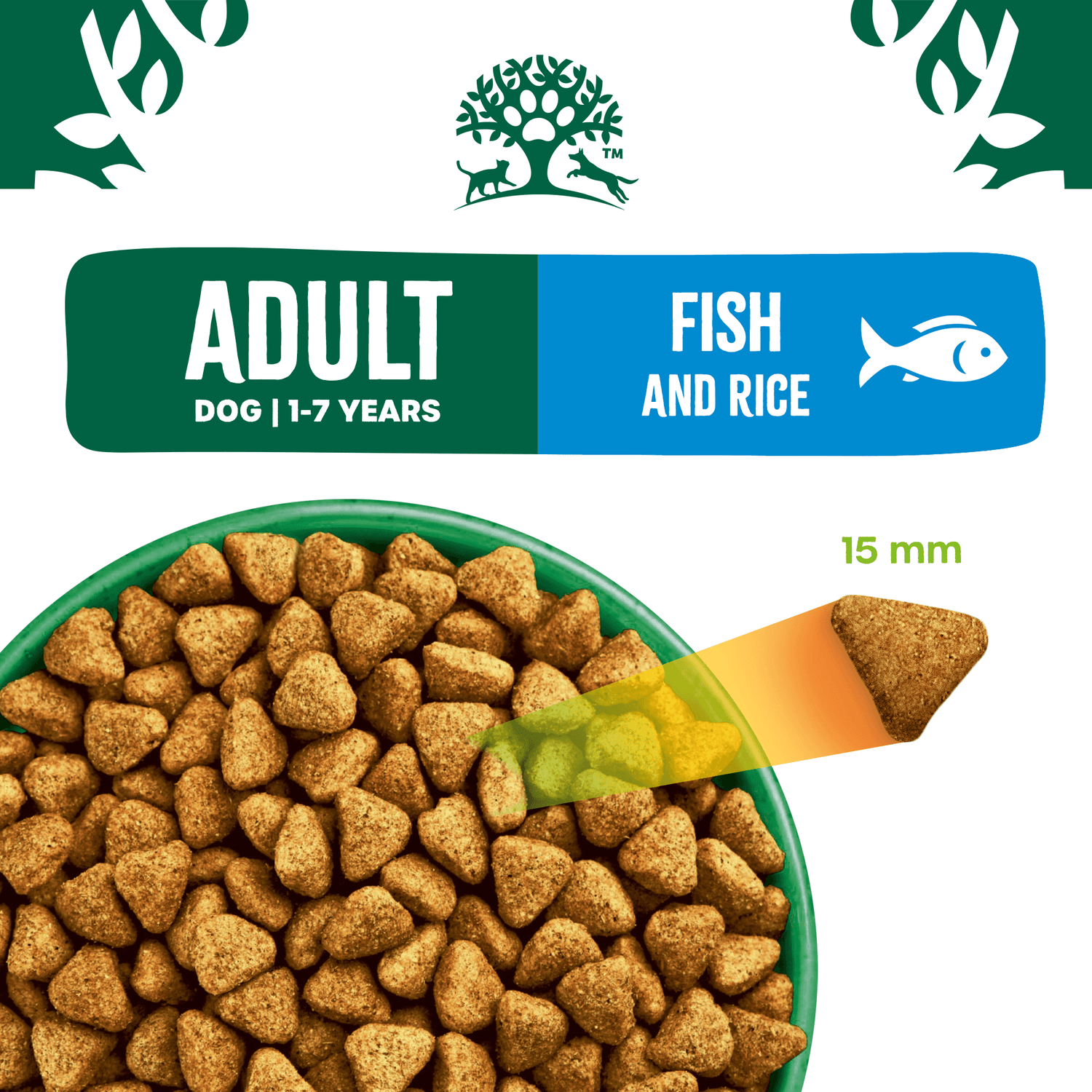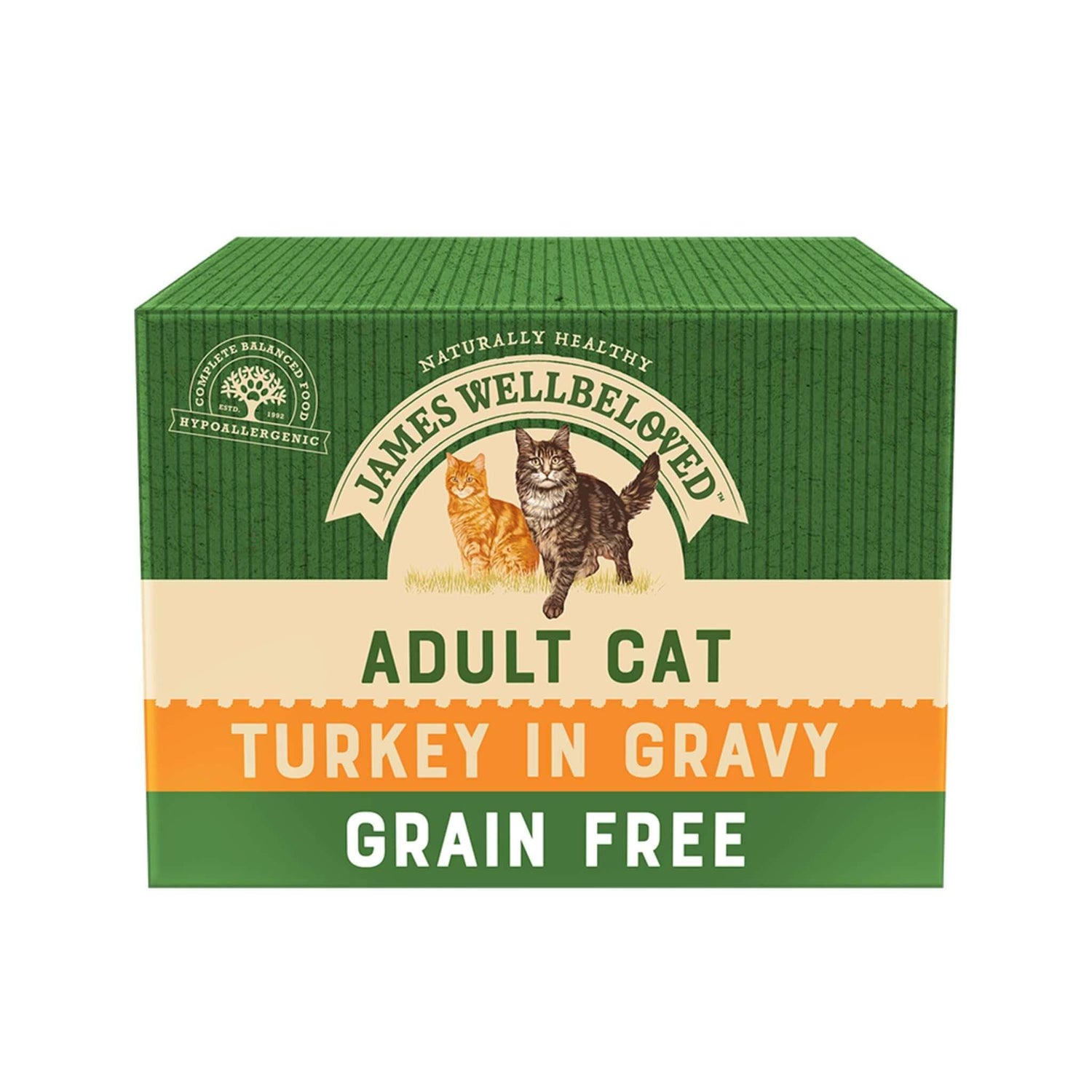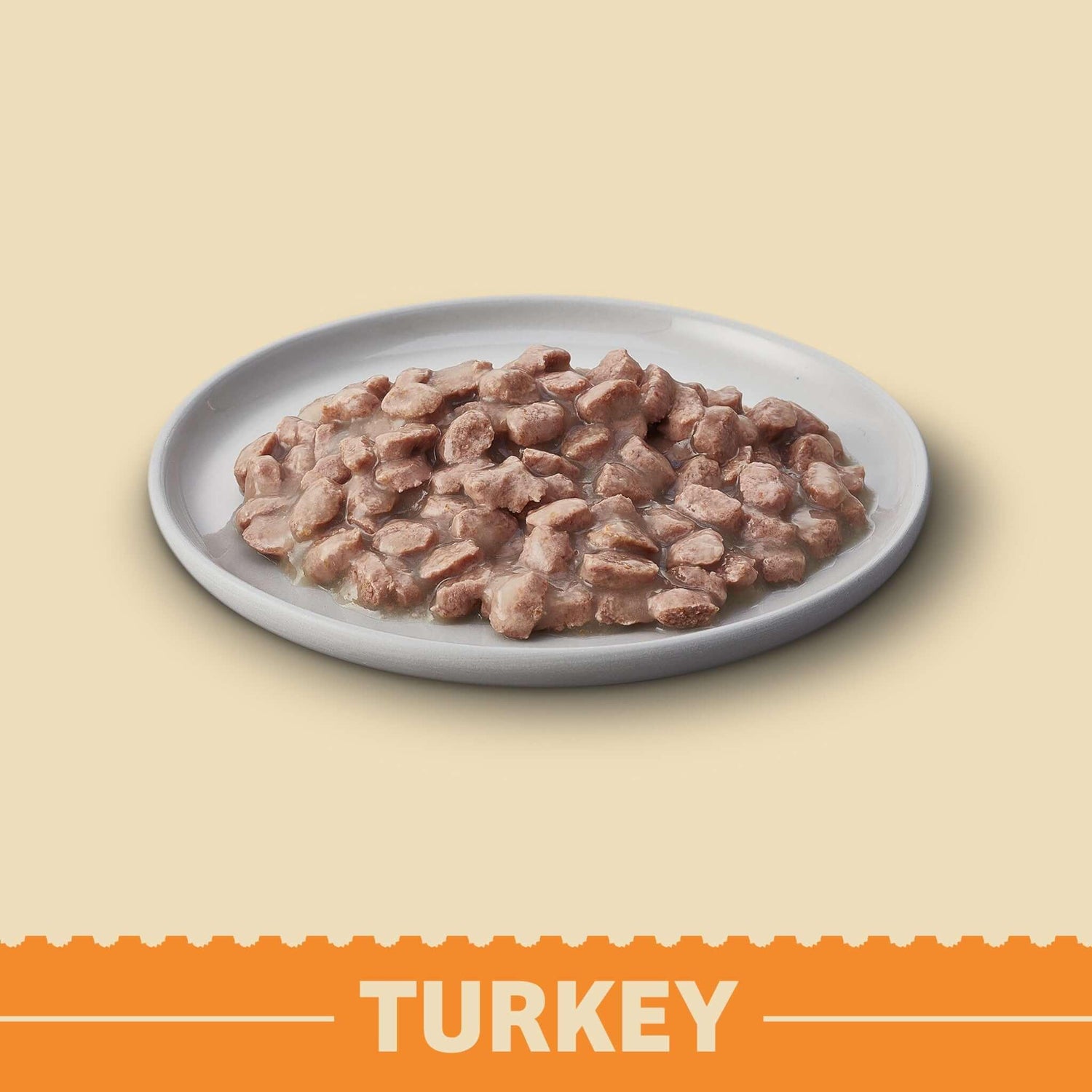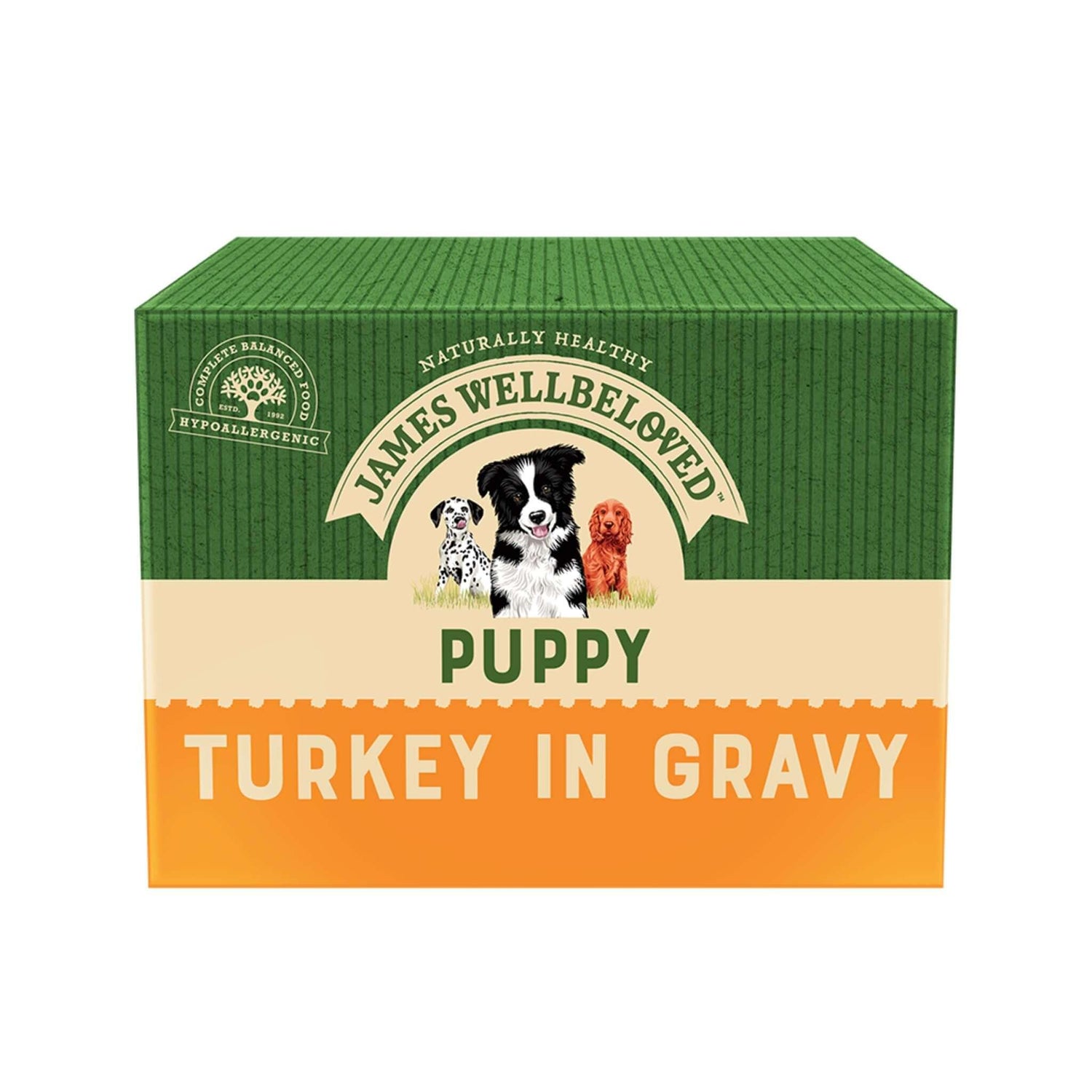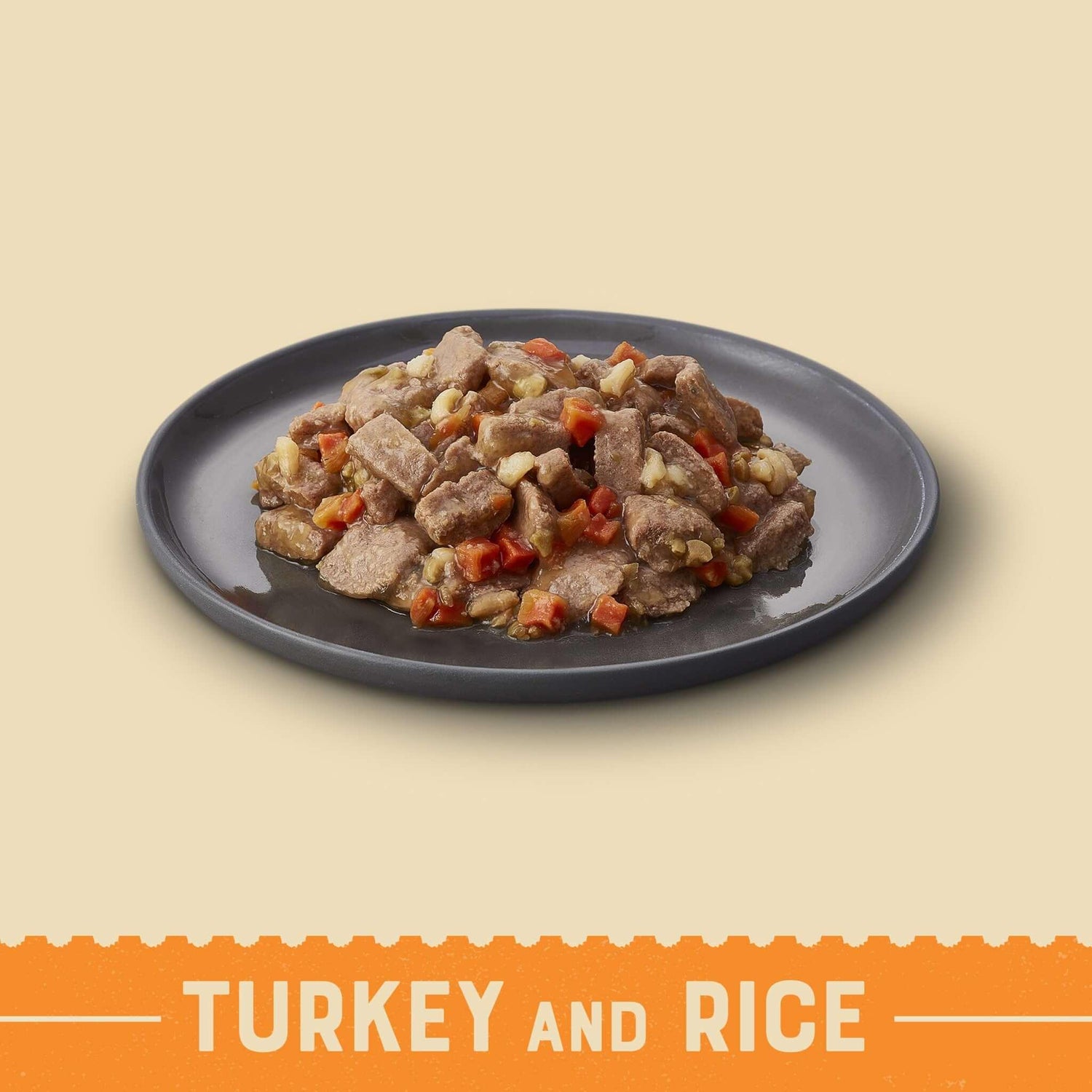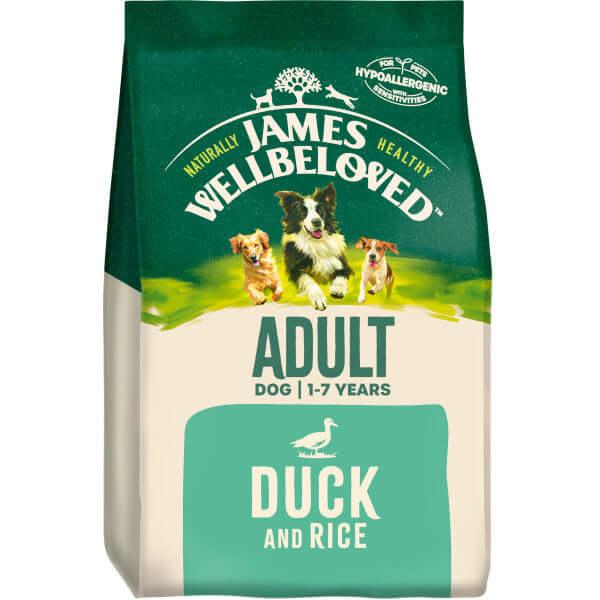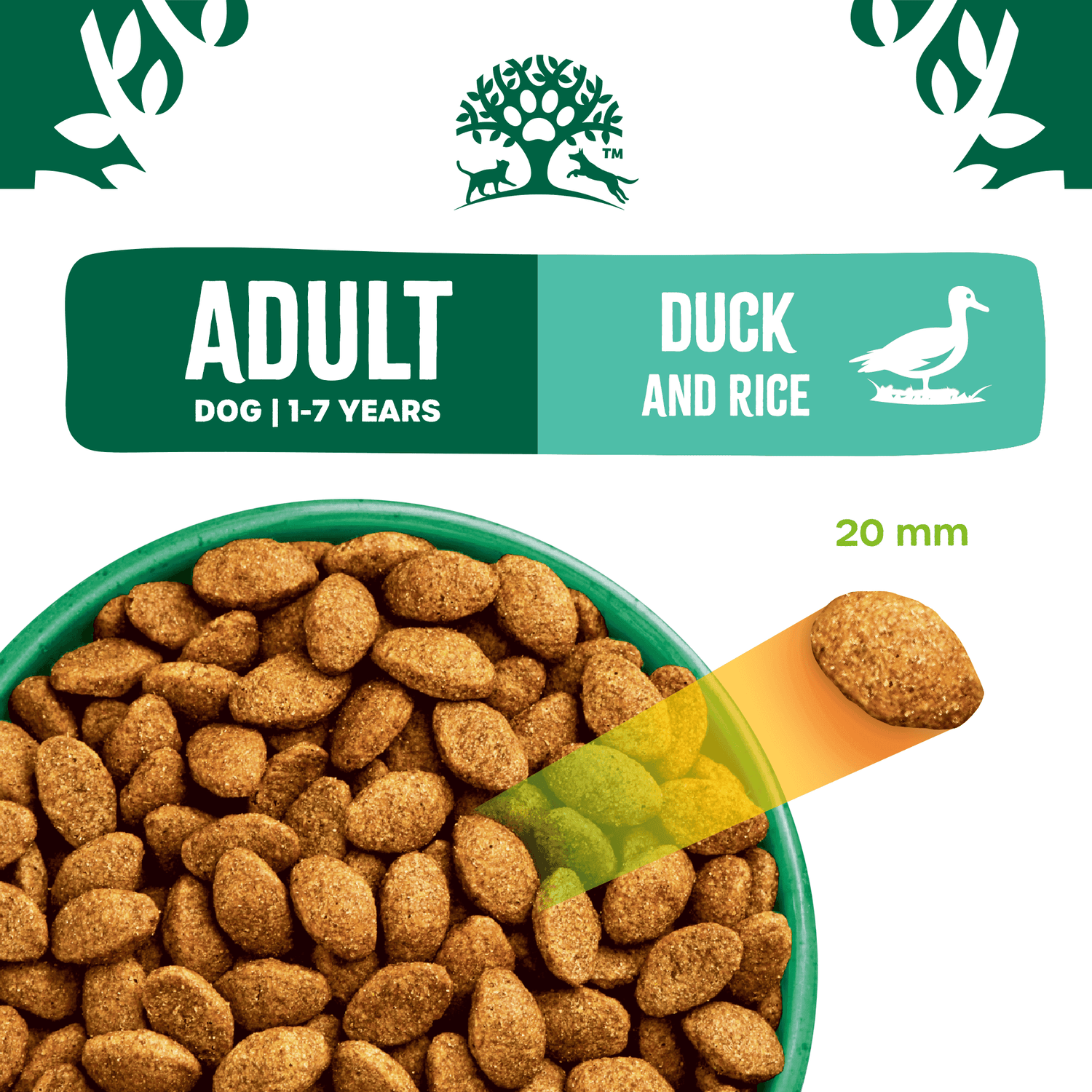A cat normally lives for approximately 15 years, though this will vary according to individual lifestyle, breed and if any diseases are contracted. Naturally, like with humans, good genes and a healthy lifestyle go a long way to maximising your cat’s lifespan.
How cats age
Just your kitten’s first month of life is equivalent to one entire human year. In fact, your young kitten does so much growing in his or her first year, that by the time they reach their first birthday, they are equivalent to a 15-year-old teenager. No wonder they give you some attitude now and then! Despite reaching adulthood at one, they will continue to age at a rapid rate, until reaching two years old, when they are the equivalent of 24 years old in human years. From here on, they will age at a relatively steady pace of approximately four human years per year of their life.
Good genes
Different breeds of cat have different life expectancies. While any individual cat has the potential to live a shorter or longer life, here are the average lifespans of the UK’s top five most popular breeds:
- British Shorthair — 14-20 years
- Bengal — 12-16 years
- Ragdoll — 15-20 years
- Persian — 15-18 years
- Maine Coon — 9-15 years
Indoor vs Outdoor
Indoor cats will encounter relatively few dangers, so are more likely to live longer lives. Meanwhile, outdoor cats will generally get more exercise to stay fitter and stronger; they also are more likely to be exposed to predators, ticks, parasites and other diseases. Even if you live in an urban area with fewer natural predators, vehicles on the roads will be an ever-present danger and fights between other cats are more likely.

Healthy eating
Feeding your cat a balanced diet suitable to his or her age and breed is one of the best ways you can influence your cat’s lifespan. Cats require different amounts of protein, calcium and other nutrients when they are a kitten, an adult, and when they are a senior cat, so it’s important to feed them food suited to their needs so their bones, muscles and immune system are always at their best. It is also important to keep your kitty cat at his or her ideal weight, especially if they are an indoor breed that doesn’t get as much exercise as outdoor cats. Overweight cats are at serious risk of arthritis, type-2 diabetes and other health problems which can significantly impact life expectancy. Your vet will be able to help you understand if your cat is within its ideal weight range and how best to keep it that way.
Help your cat live a long and happy life
Every cat is unique and the same goes for your own kitty cat. The age ranges we have talked about here are only estimates. Some cats have even been known to live far longer lives, like Creme Puff, the Guinness World Record holder who lived for an incredible 38 years! As there is no way of really knowing, the best thing you can do as an owner is let your cat live a happy, fulfilled life. Boost his or her chances by feeding them a healthy diet and keeping their vaccinations up to date, then ensure their life is a happy one by giving them all the play and affection they want.
References: https://www.petmd.com/blogs/thedailyvet/jcoates/2011/aug/how_long_do_cats_live-11496 https://www.petmd.com/cat/breeds/c_ct_british_shorthair https://www.petcarerx.com/article/the-average-lifespan-of-a-cat-breed-by-breed-chart/1698 https://www.thespruce.com/maine-coon-profile-551905 http://www.guinnessworldrecords.com/world-records/oldest-cat-ever

